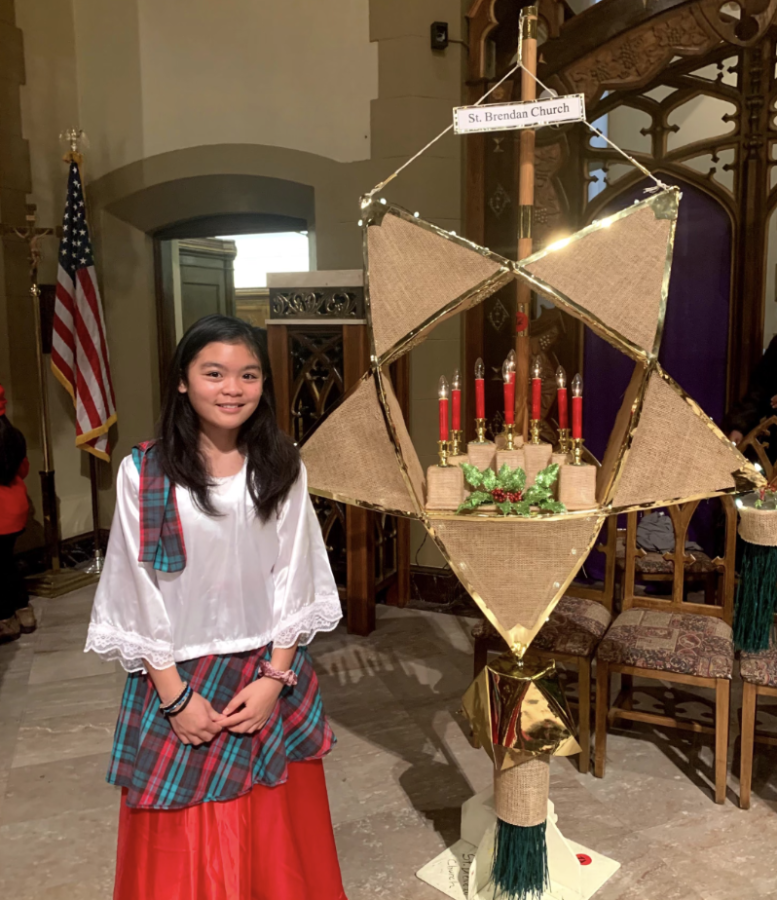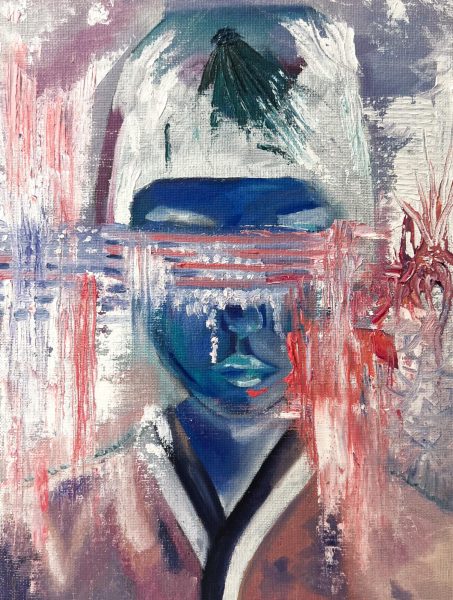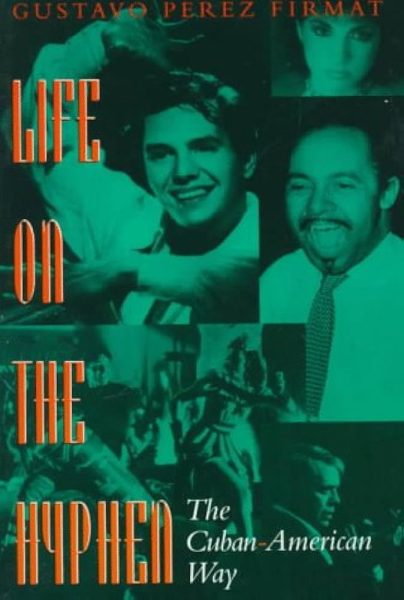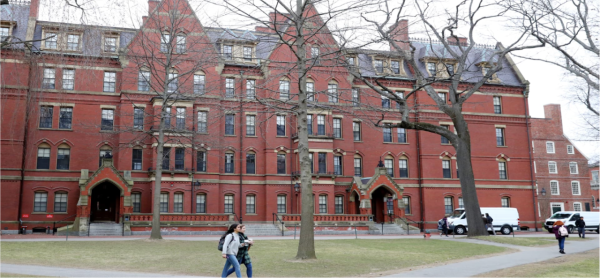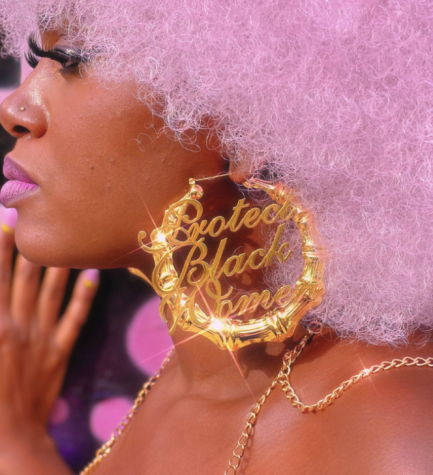Simbang Gabi
December 16, 2022
Merry Christmas! Or as we would say in the Philippines, Maligayang Pasko! When it comes to bringing Christmas spirit to the table, I’d say the Philippines takes the win. It’s a time of year for families to get together and spend time with each other during this precious holiday. Huge parties are held with, of course, lots of food and karaoke. Also, not to mention, people there don’t even wait till December to start getting into the Christmas spirit, they start celebrating as early as September! In addition to the fun parties held during Christmas, we also partake in Simbang Gabi.
In the early days, Simbang Gabi, meaning “Night Mass,” and also known as Misa de Gallo, meaning “Rooster’s Mass,” mass would start at the crack of dawn, at 3 in the morning, when the roosters would crow. In 1669, under the early Spanish rule, masses were held earlyso that farmers could continue their work during the day. However some churches continue to practice thetradition while others have mass start as early as 6 in the morning.Simbang Gabi is a mass conducted over a period of days days, starting from December 16 and ending at midnight on December 24. From then, a Midnight Mass would occur.The significance of the 9 days is to honor the days that the Blessed Virgin Mary endured prior giving birth to baby Jesus. h During the nine days, there were people refusing Mary while she was in labor. To honor the Blessed Virgin Mary, the nine days are frequentlyreenacted and talked about during the mass.Throughout this time, the Nativity scene of Jesus is set up in the Church for everyone to see, and later celebrate his birth. Lights and star lanterns, called parols, are also put up for decoration. Parols symbolize the star of Bethlehem that led the three wise men to Jesus.
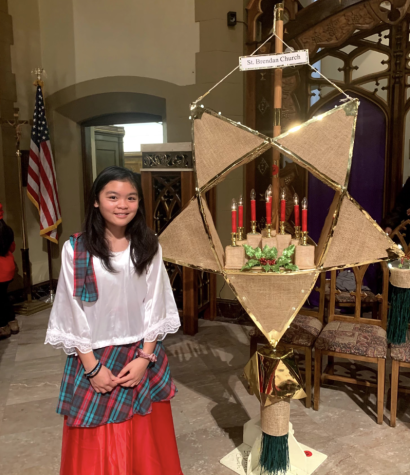
Once Simbang Gabi is over, there is lots of food for everyone to enjoy, such as bibingka, Puto (rice cakes), Puto bungbong, Suman sa pasko, Suman sa ibos and pandesal (breakfast rolls), just to name a few.
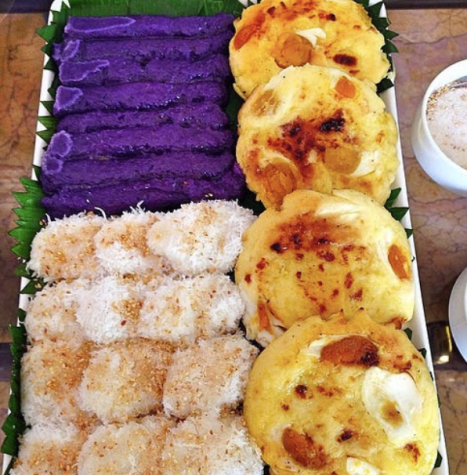
Overall, Simbang Gabi is an important part of Filipino culture as it ties closely with our religion and celebrates Mother Mary and Jesus’ birth. It allows for Filipinos to grow and maintain their faith.



